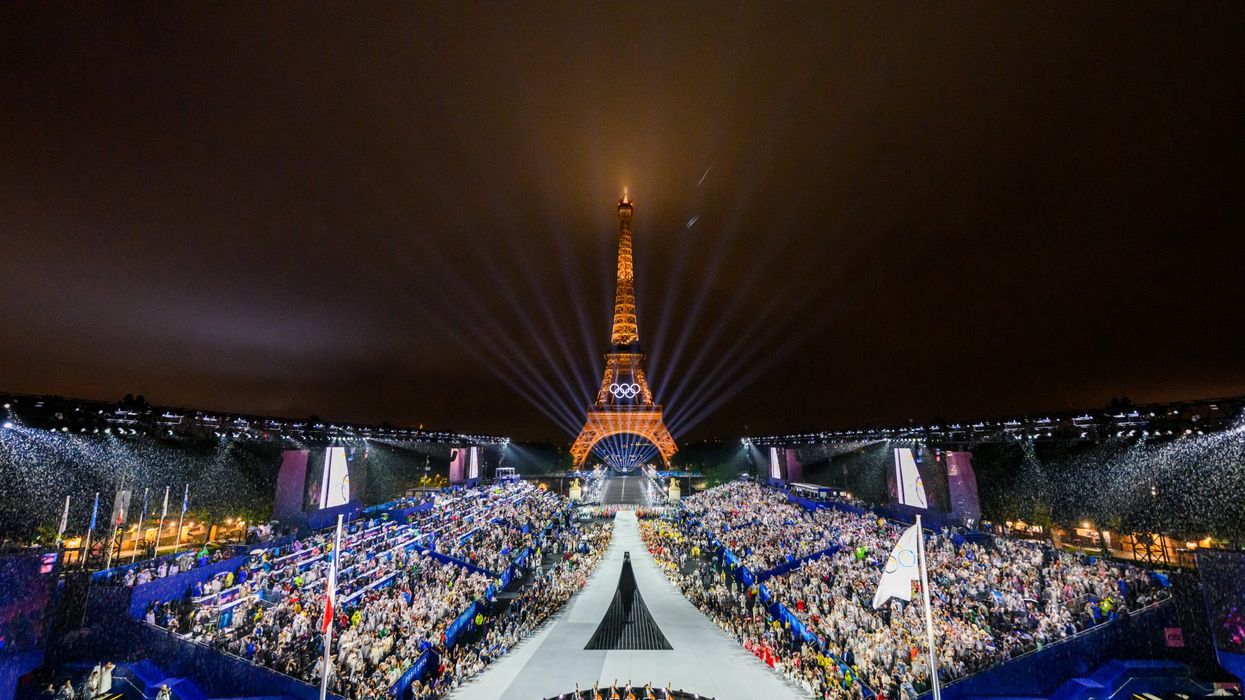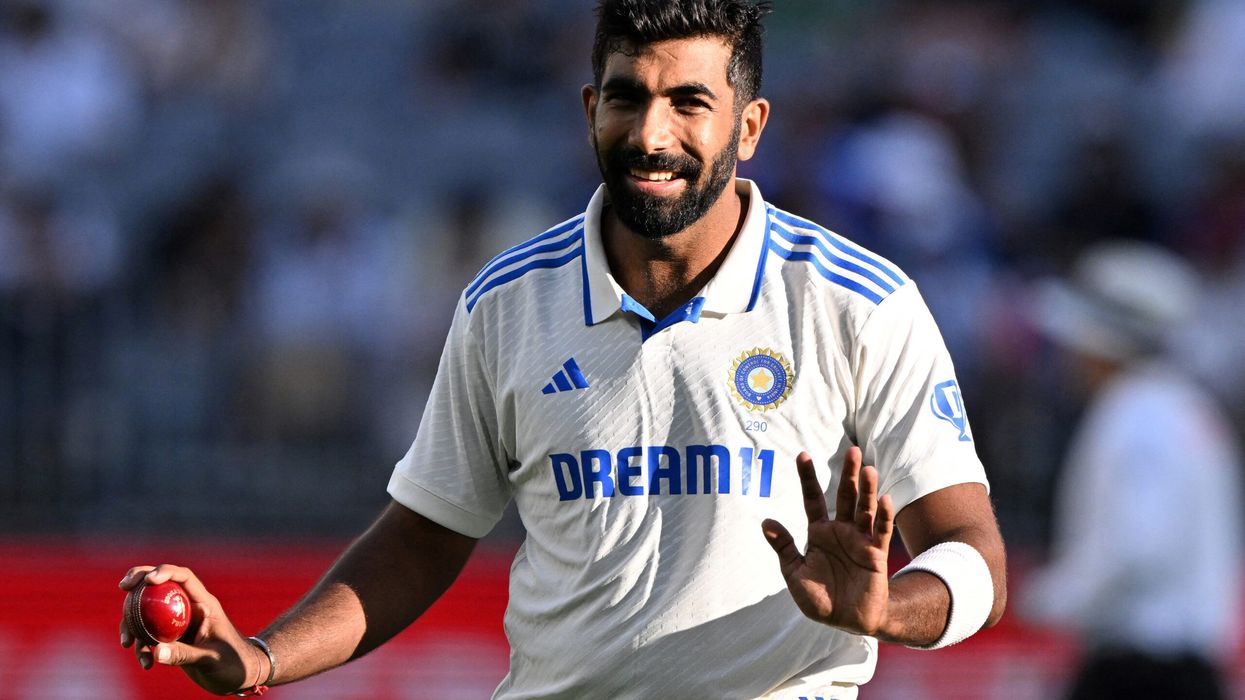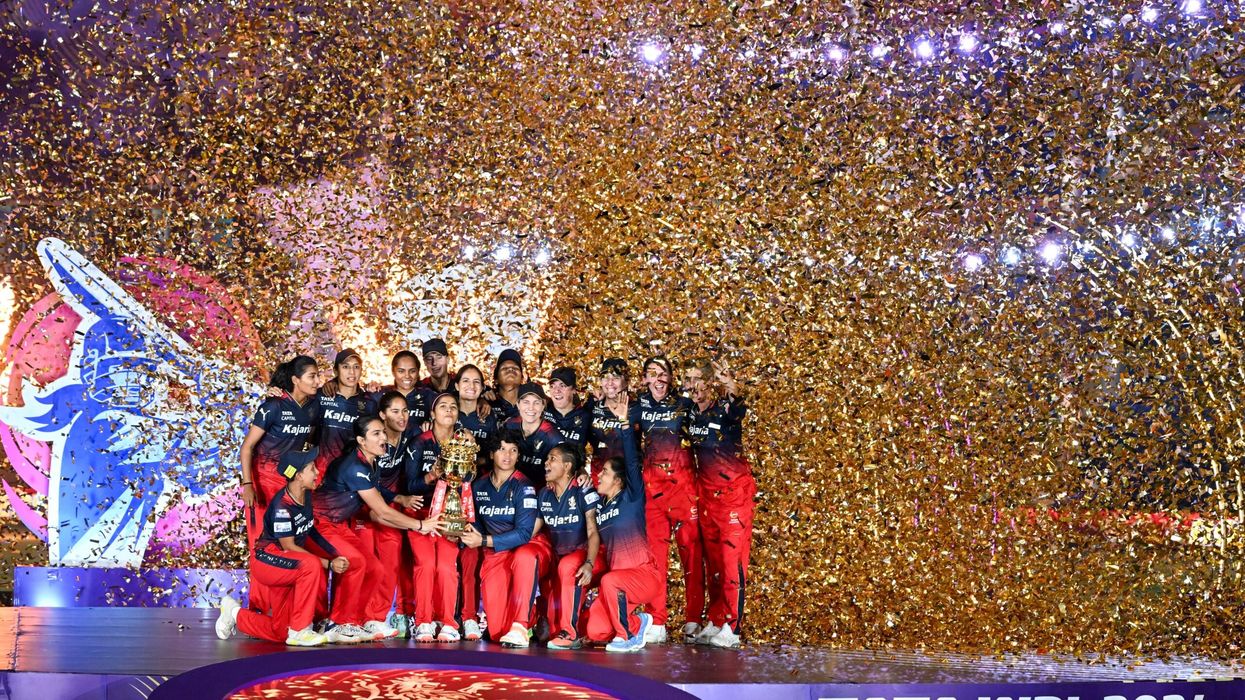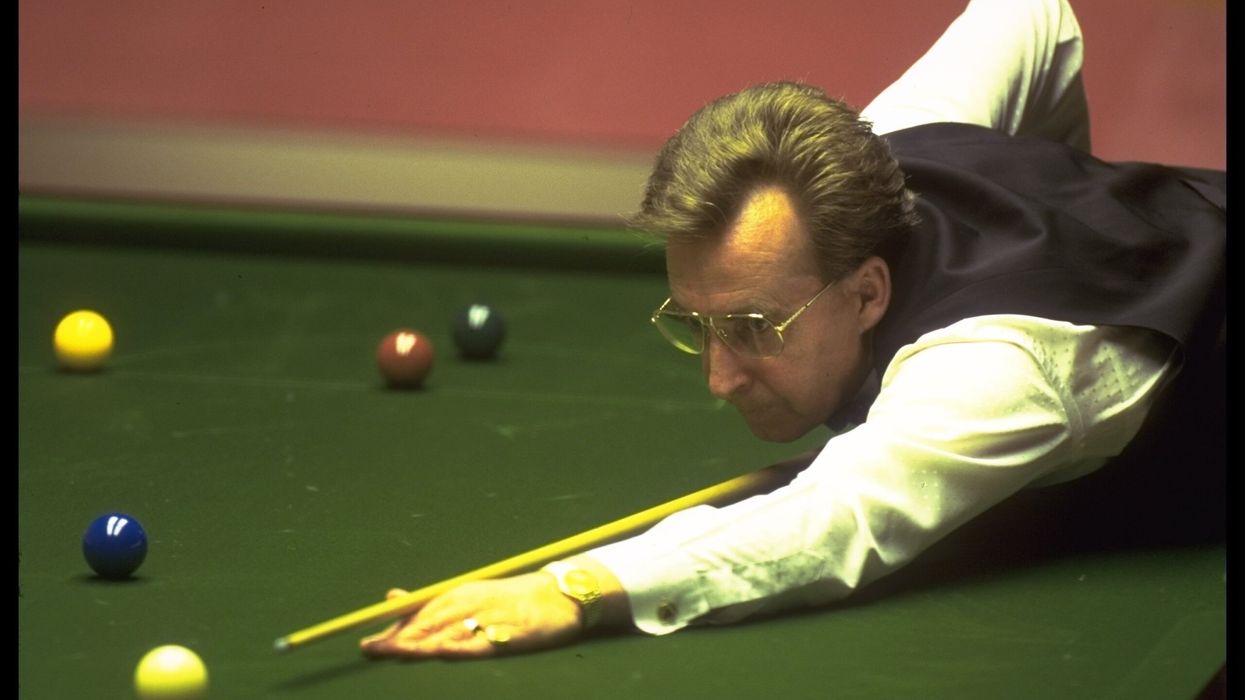WE REACHED Paris two days before the Olympics, anticipating hurdles due to the tight security. Navigating the games area required passes and permits. On the day of the opening ceremony last Friday (26), we prepared for all possible weather conditions – heat, cold, and a bit of rain. We walked a lot before eventually finding a cab that could take us close to the venue where we had bought our tickets. We had spent a bit extra to be on a bridge, and arriving early was crucial to securing good seats. By 5pm, the stands were already full, with people having arrived an hour earlier.
We sat next to a family from Mexico, and the hospitality of food and drinks was exceptional. There was no shortage of anything. The arrangements were smooth – until it started raining heavily. Despite being provided plastic ponchos, we got soaked.
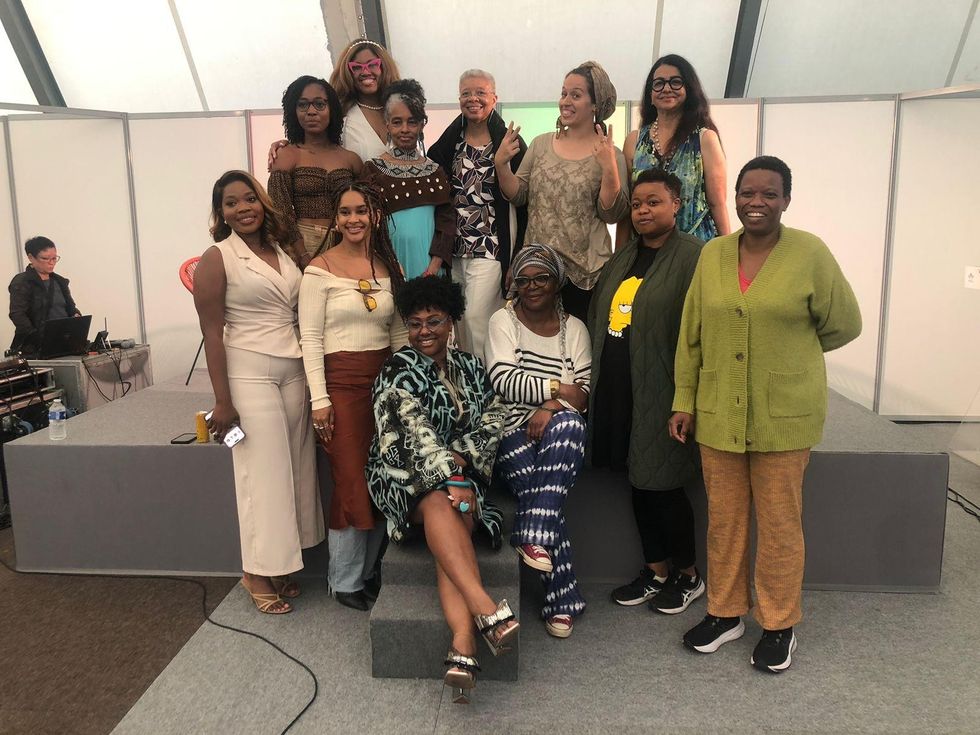
Yet, the opening ceremony of the latest Olympic Games in Paris was a spectacle of grandeur, innovation and profound symbolism. As I stood among the diverse crowd, I met people from many countries. I felt an overwhelming sense of unity that transcended political divides, resonating deeply with both the left and the right.
One of my favorite aspects of the ceremony was its emphasis on environmental sustainability and social responsibility. The use of recycled materials, energy-efficient lighting and messages promoting environmental conservation struck a chord with environmentally conscious audiences across the political spectrum.
I also felt good that they had not built new stadiums and that the ceremony passed through the city.
Highlighting women who had contributed towards feminism was an amazing sight. I didn’t know so many women had actually given their lives to give us what we have today. Freedom to pursue any courses we want, freedom to become who we want – I feel so special being a woman today. Thanks to those who fought for us.
A French lady next to me who said, “From beauty to ugliness, I am shocked by the vulgarity of some sequences… most of the choreography is shocking, I am missing the old days.” Sadly, she didn’t get the point.
From the outset, the ceremony was designed to reflect universal values that cut across political ideologies. The theme of unity and cooperation was evident in the choice of performances, the diversity of participants, and the overarching message of global solidarity. Spectators were treated to a blend of traditional and contemporary performances, showcasing respect for cultural heritage while embracing modernity and progress.
One of the most striking elements of the ceremony was its commitment to inclusivity and representation. A particularly proud moment for those of Indian background, including myself, was when the Mittal family carried the Olympic flame. Performers from various ethnic backgrounds, genders, and abilities took centrestage, embodying the Olympic spirit of equality and fair play. This focus on inclusivity resonated with progressive audiences, highlighting the importance of diversity and the need to address social inequalities.
Simultaneously, the ceremony did not shy away from expressions of national pride. Each participating country was celebrated, with their athletes proudly marching under their national flags. This celebration of national identities appealed to more conservative spectators, who value tradition, national pride, and sovereignty. The balancing act of celebrating individual nations while promoting a message of global unity was masterfully executed, creating a shared moment of pride and joy.
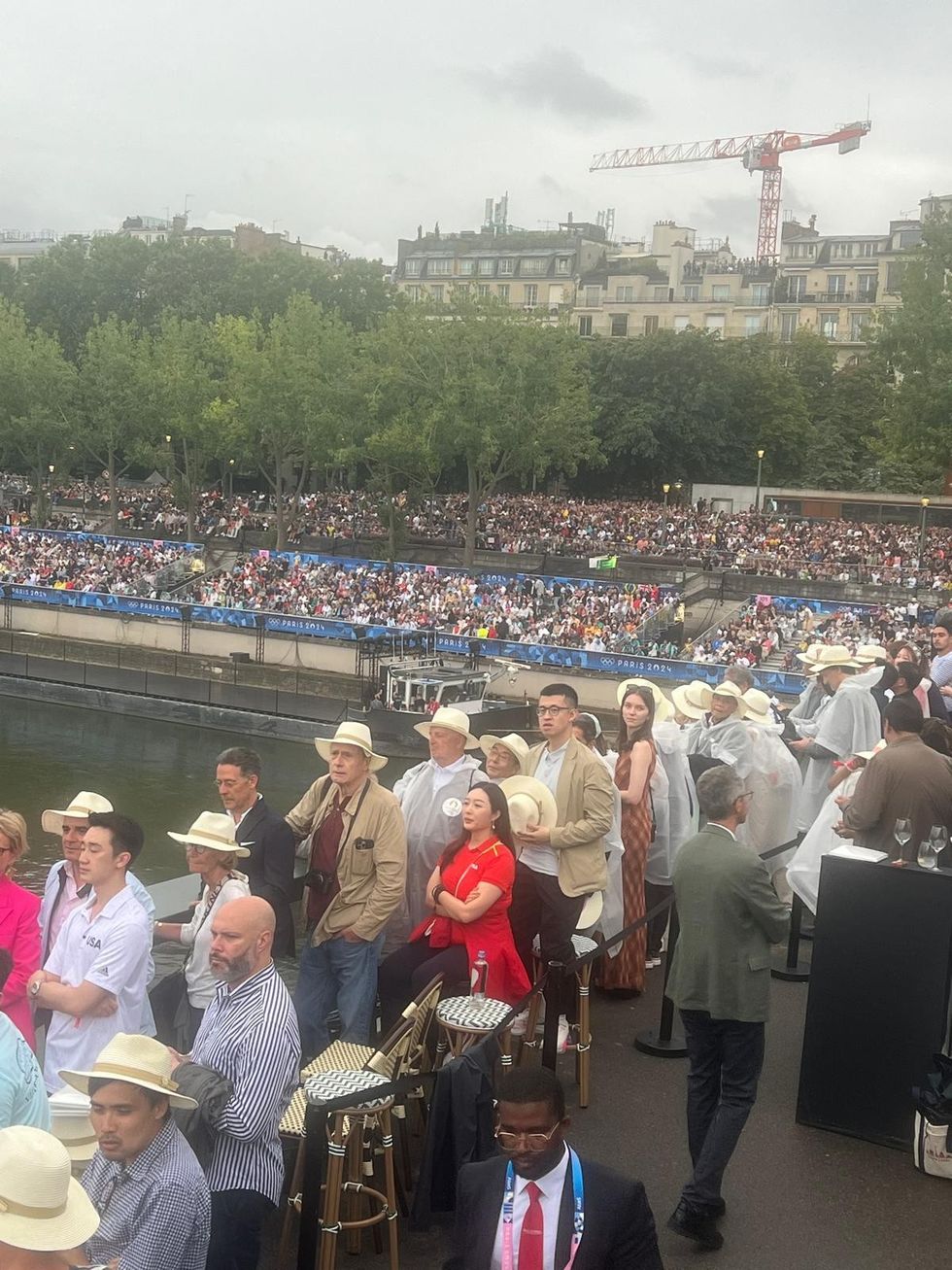
Political leaders from both sides of the spectrum lauded the ceremony for its ability to bring people together.
Progressive leaders praised the inclusivity and focus on social justice, while conservative figures appreciated the celebration of national pride and the display of discipline and excellence by the athletes. The broad approval underscored the ceremony’s success in crafting a message that resonated universally.
The day before, I had the chance to visit the Africa tent in Lille Saint Denis. There, I met an African lady who expressed her disappointment that they were not given a space in Paris itself to showcase, thus feeling marginalised. Their presence in Lille Saint Denis was a poignant statement about the Sustainable Development Goals. Most African countries were represented there, selling goods from their homelands and making their voices heard on global sustainability issues.
I also encountered a group of young men from Punjab, who had travelled all the way to Paris to attend the opening ceremony. Their excitement and enthusiasm were infectious, and it was heartwarming to see the global reach and impact of the Olympics, bringing people together from all corners of the world.
Ultimately, the opening ceremony of the Olympics served as a reminder of the unifying power of sport. It transcended political ideologies by focusing on shared human values: the pursuit of excellence, the spirit of fair competition, and the celebration of our common humanity. In a world often divided by political, social, and economic differences, the ceremony provided a much-needed moment of collective joy and hope.
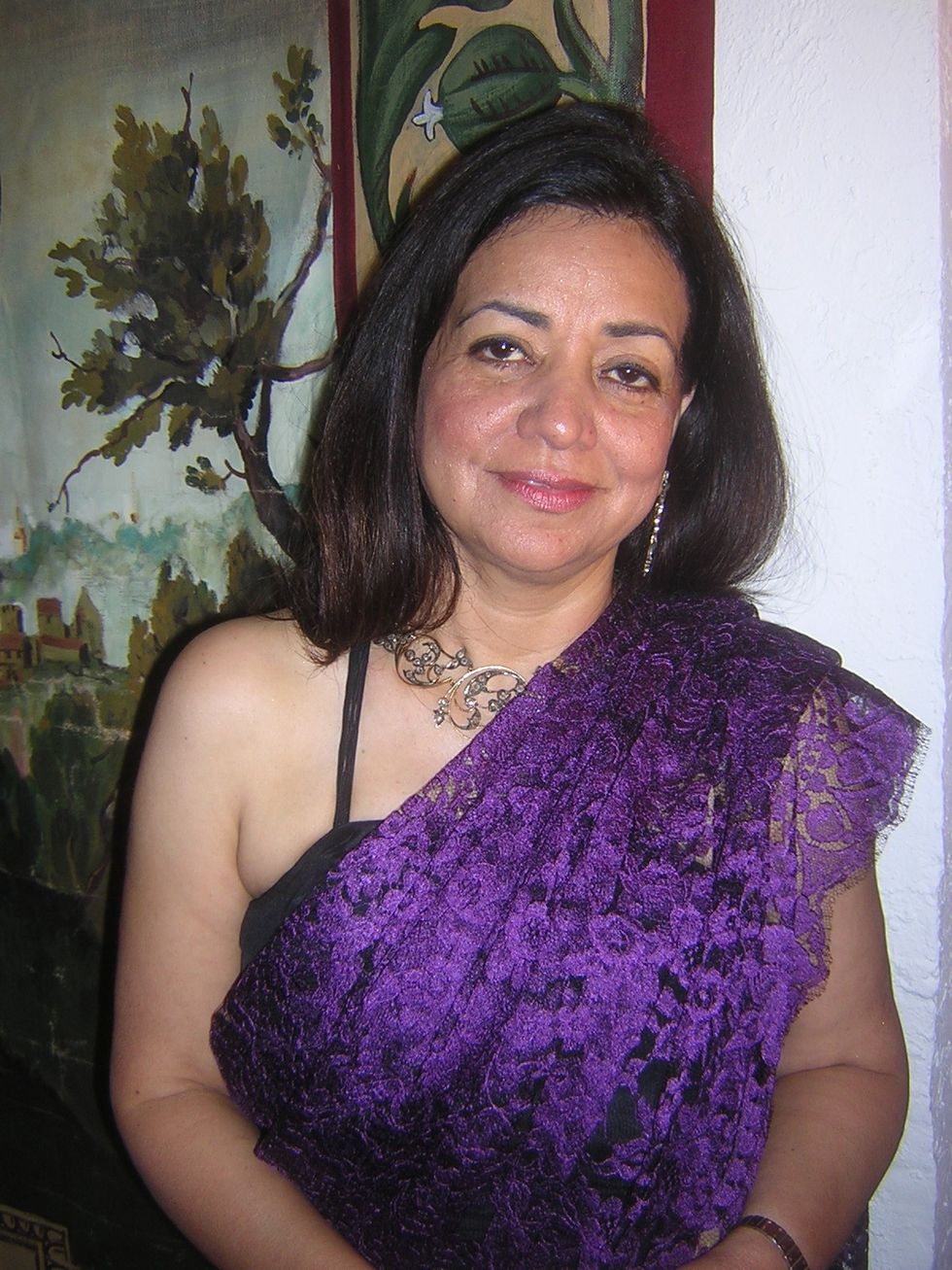
The opening ceremony of the Olympic Games was more than just an elaborate show; it was a carefully crafted narrative of unity and solidarity. The world is divided right now. The Indian elections were a statement rejecting the extreme right swing in the last few years.
The UK also demonstrated this by choosing Labour as the main governing party. The swing towards the left is quite apparent. The division in France has led to political unrest for many years and this portrayal of the Olympics – by blending elements that appeal to both the left and the right – demonstrated that there can be cooperation. It was a testament to the idea that, through mutual respect and cooperation, we can build a more inclusive and harmonious world.
(Surina Narula MBE is the president of Television for the Environment (tve) and founder of the tve Global Sustainability Film Awards.)
